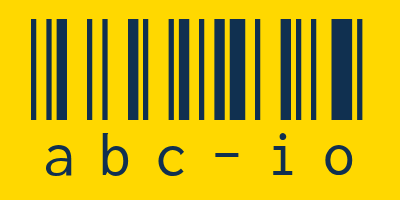
- Yubico warns social engineering attacks are getting more powerful thanks to AI
- Gen Z are the most susceptible to phishing
- Almost half have never received any cybersecurity training
We’ve all heard the warnings about the damage social engineering can do – but one particular demographic still stands out as the most susceptible to attacks – and it might not be who you think.
New research from Yubico claims Gen Z workers (those born between 1997 and 2012) are the ones letting the side down, with an alarming 62% reporting having engaged with a social engineering attack (opening an attachment, clicking a link, etc.) in the past year.
Social engineering attacks are not just becoming more frequent, but more powerful too – it’s been widely reported how AI-powered phishing attacks are on the rise and getting smarter, claiming more victims than ever with convincing deepfakes and voice clones.
Low confidence
In fact, a large majority (70%) of those surveyed said they believe phishing attempts have become more successful thanks to the use of AI, and a staggering 78% have seen these become more sophisticated.
When presented with a phishing email, the majority (54%) believed it was authentically written by a human, or were unsure, highlighting how convincing these attacks have become – although respondents of all ages scored similarly in this task.
Worryingly, a large proportion of workers reported never having received cybersecurity training (40%), and the deployment rate for Multi-factor authentication (MFA) is just under half (48%) – meaning a large proportion of organizations are left unprotected on a very basic level.
Only 26% of those surveyed considered passwords to be the most secure authentication method, but they remain the most common – with 56% using them for work accounts and 60% using them for their personal accounts.
If you’re going to rely on passwords, make sure you choose one that’s ultra-safe – we’ve listed some tips on creating a secure password to help you stay safe online.











Add Comment